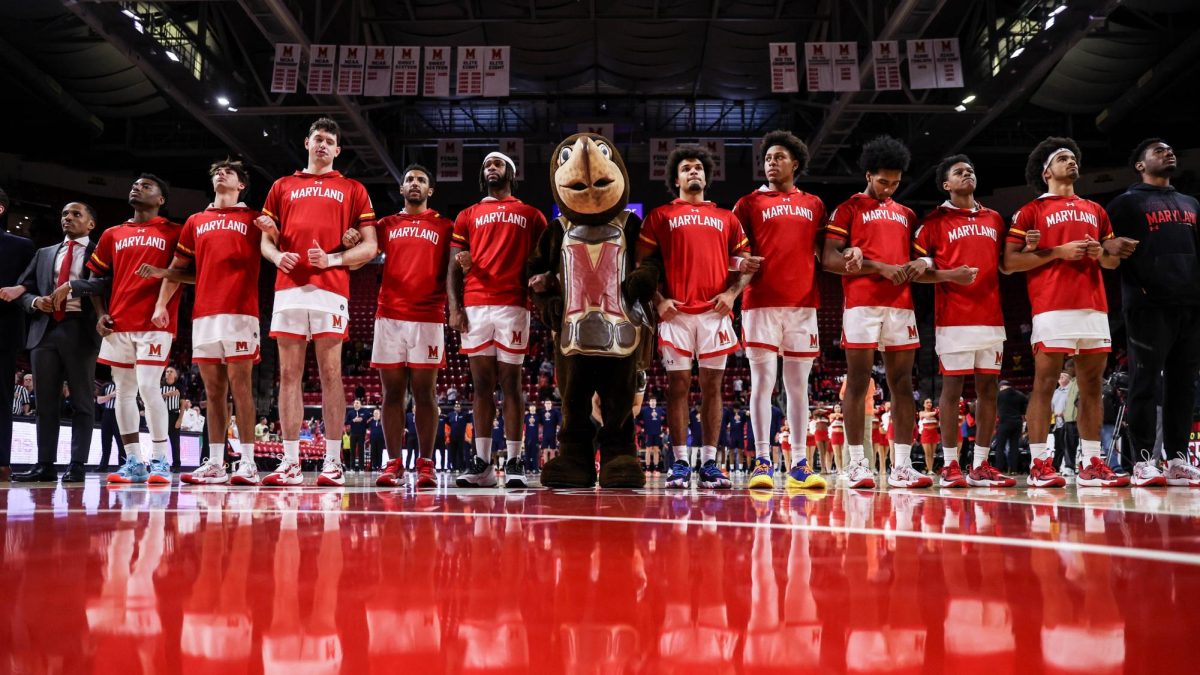The term “Esports” refers to an organized and competitive style of video gaming where users play against each other in worldwide tournaments. These tournaments usually have cash prizes for the winner reaching upwards of a million dollars. Team Spirit, a Russian esports team, won the International 2021, an annual Esports world championship, earning $18,208,300 in prize money.
Esports culture has grown exponentially with this year’s current revenue reaching $4.3 billion. Despite Esports’ massive cult following, skeptics still question the sport’s legitimacy.
Why should Esports be recognized as a sport?
Esports, and video games as a whole lack the defining quality of a sport — physical exertion. The only physical exertion involved in playing video games is a user’s hand moving around on a mouse or controller or using fingers on a keyboard, which feels inadequate to amount to a sport. Athletes in traditional sports usually undergo extensive physical training while in Esports, players sit at desks and stare at monitors for hours on end. While gaming requires strategizing and cognitive effort, making it similar to games like chess, it lacks the rigorous physicality of traditional sports.
Another problem with classifying Esports as a sport is the industry’s inconsistency. International organizations, like the Fédération Internationale de Football Association (FIFA), set consistent rules and standards for traditional sports, whereas Esports has multiple organizations that govern various games. The lack of standardization contributes to a less formal and professional organization than governed sports like soccer. Esports lack the universal acceptance that traditional sports do. While the Olympics recognize non-traditional sports such as breakdancing, they have not recognized Esports, emphasizing the lack of seriousness of video games in the professional sporting world.
Proponents of Esports argue that the average person can’t compete against the world’s best video game players and win, however, other activities such as cooking use this same logic. There is an obvious gap in skill level between an amateur cook and the best executive chefs in the world, just as there is between professional video game players and everyday gamers. However, this doesn’t mean cooking should become an Olympic sport — the same logic applies to video games.
Playing video games can also affect your brain in the same way addictive drugs do. While excessively playing sports has the potential to damage a person’s musculoskeletal system or create disturbances in a person’s cardiovascular system, video games are just as addictive as gambling. Additionally, playing video games can lead to psychological problems and depression, while one cannot define playing traditional sports like soccer or football as an addiction due to a lack of research showing the negative effects of compulsive exercising.
While many traditional sports can have lasting effects on their athletes, video games do not involve enough physical activity to keep gamers active and healthy, helping explain why one cannot classify esports alongside traditional sports.
Why should Esports not be recognized as a sport?
According to the Oxford Dictionary, a sport is an activity involving physical exertion and skill regulated by set rules or customs in which an individual or team competes against one another. It cannot be denied that playing video games at a high level takes a significant degree of skill, and Esports competitions use rules to score participants. Discourse arises when discussing the physical exertion that people believe video games lack.
To expand the variety of activities considered as sports, the International Olympic Committee recognizes chess as a sport. Other than lifting and placing one-ounce pieces, it doesn’t involve physical exertion. Rather, its exertion lies in the mind and its endurance. This reclassification extends the definition of sports to reach all types of exertion, not just physical. As it happens, though, Esports requires both.
At the heart of Esports are cognitive and motor skills. Reaction time and quick thinking are imperative to the games. Professional Tetris players, for example, must optimally place differently-shaped blocks flying in from the top of the screen with mere milliseconds to react. Success in Tetris depends entirely on the player’s cognitive and motor speed, two skills that playing video games improves. In Fortnite, another popular game, players must internalize the meta, meaning they need to memorize which weapons and locations reign supreme over others. They must also achieve muscle memory for various tactics, like building and shooting, and perform these split-second tactics hundreds of times throughout a 20-minute match. The average player pales compared to a professional, who can input dozens of keystrokes in under a second to gain even the slightest advantage over their opponent. Similarly to other sports, players can immediately lose the game in a single mistake.
This pressure places a mental strain on players to perform well and creates a dependence on their physical ability, similar to a traditional sport. Professionals play in front of large audiences, with the most-viewed single event reaching over six million viewers, and the estimated global audience for esports being roughly 540 million. Due to its popularity, fans critique every player-made mistake under a magnifying glass, much like in traditional sports matches.
More so, a video game’s meta is synonymous with a traditional sport’s strategy. For example, football sees coaches constantly changing their teams’ strategies. Game schemes change yearly, and the balance between defense and offense continues to shift. Similarly, esports metas shift, and players continue to grow in skill. To keep up with the changing playstyle of Fortnite, players who could once ravage through a lobby of opponents must now play defensively — they must play to survive. Reflecting the development of any other sport, esports is growing, and with a rapidly improving player base, professionals must change how they play.
There are countless parallels between esports and traditional sports, but by the definition of sports and through evidence of physical and mental exertion, Esports is beyond question a sport.















